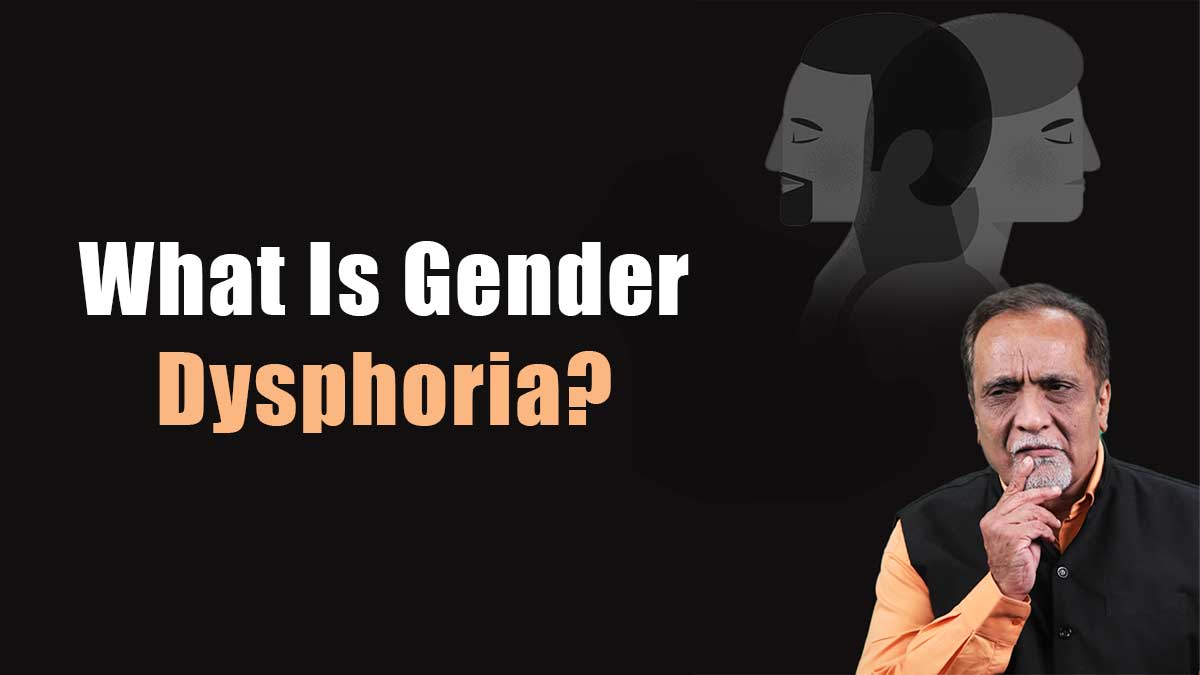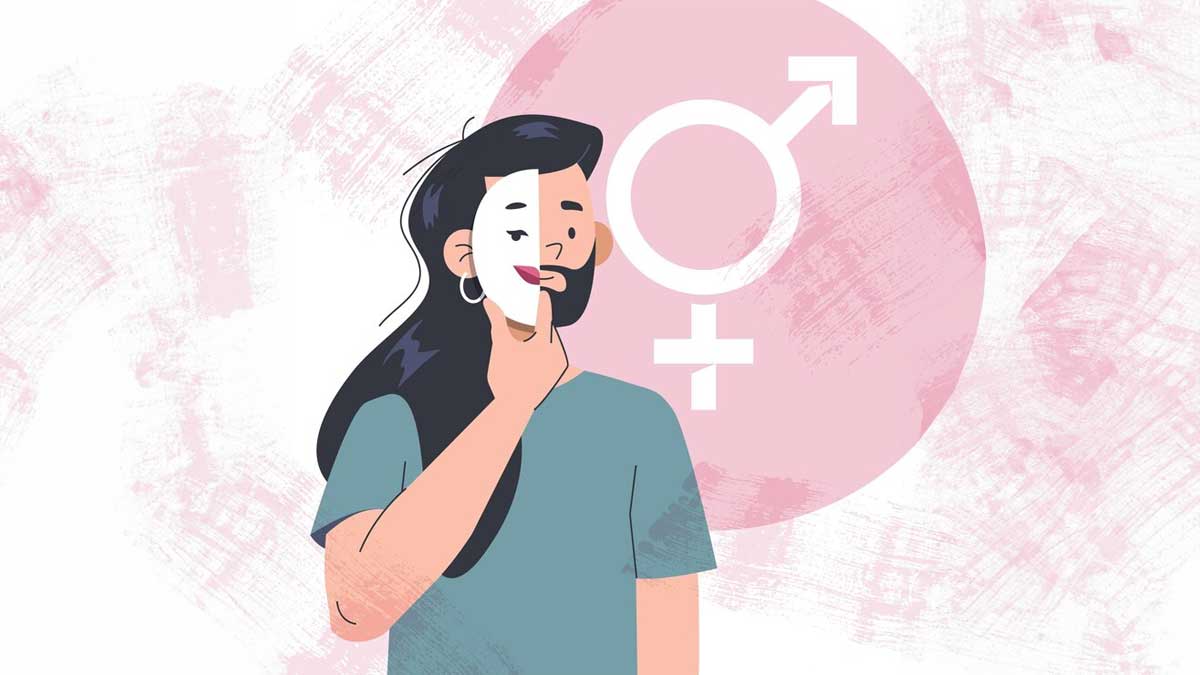
Mental health problems are not just limited to anxiety and depression but extend beyond it. In some cases, it can even affect how you feel about your gender identity. This week in our Mental Health A-Z Series, Dr Nimesh Desai, Senior Consultant Psychiatrist and Former Director, IHBAS, Delhi, explores the psychological and emotional aspects of gender dysphoria and explains its impact on an individual's well-being.
Table of Content:-

“Gender dysphoria, formerly known as Gender Identity Disorder (GID) is a condition in which a person mentally acknowledges that he is different from his biological body. The biological male mentally believes that he is a female, while the biological female mentally believes that she is a male”, informed Dr Desai.
He added, “The person stays mostly confused and tries to change his/her gender. At a young age, the person starts feeling that they belong to the other gender.”
How To Identify Gender Dysphoria

Some of the signs that a person may experience as listed by Dr Desai are as follows:
- The child consistently speaks or behaves in a manner typical of another gender
- He/she may insist on cross-dressing
- The person believes that they belong to the other gender
“However, gender identity issues should not be compared to occasional cross-dressing. It should be addressed if there is a primary change in physical and mental identity”, highlighted Dr Desai.
Also Read: Mental Health A-Z: Expert Explains Causes Of Female Mental Health Issues And How To Deal With It
Medical And Psychiatric Assessment Of Dysphoria

Earlier, medical professionals used to encourage individuals to accept their physical gender and attempted to change their mentality through medication.
“But now the time has changed. In the 21st century, medical professionals give importance to mental well-being and adjust physical gender accordingly after assessing certain conditions”, said Dr Desai.
Sex Reassignment Surgery (SRS)
“It is a complex process in which a person's gender is changed through hormone therapy and various surgical operations. Therefore, a detailed medical, psychological, and social assessment is required to determine whether the person is fit for SRS or not”, said Dr Desai.
Mental Health Of People With Gender Dysphoria

It is important to consider the mental health of the person identified with gender dysphoria, their family and spouse. Dr Desai listed the common mental health issues as follows:
- They may witness negative reactions from themselves, family, and society
- It becomes difficult to adjust to the family members, society, and people at the workplace
“The person needs supportive counselling. Also, the mental health team will provide counselling during the reassessment and surgery process”, added Dr Desai.
According to StatPearls, when identifying themselves within common societal binary male or female roles, children or adolescents who experience this turmoil cannot relate to their gender expression, which may lead to cultural stigmatisation.
Also Read: World Menopause Day 2023: Experts Explain Menopause In Transgender And Non-Binary Individuals
Myths about Gender Dysphoria
Gender dysphoria is often confused with the human rights movement of LGBTQIA+. It is important to understand the distinction between sexual orientation and the unique challenges posed by the biological and psychological identity contradictions in Gender Dysphoria.
Personal and Societal Tips For Managing Gender Dysphoria
- You should discuss your concerns and feelings with your friends and family.
- Seek professional assistance when needed.
- Don't express traditional negative attitudes and criticism.
- It is important to understand and embrace diverse gender identities, fostering a more inclusive and empathetic society.
[Disclaimer: The information in this article is shared by a registered healthcare professional and is for informational purposes only. Do not substitute this information with professional medical advice.]
Also watch this video
How we keep this article up to date:
We work with experts and keep a close eye on the latest in health and wellness. Whenever there is a new research or helpful information, we update our articles with accurate and useful advice.
Current Version
Nov 28, 2023 12:55 IST
Published By : Chanchal Sengar